A new report from the UCLA School of Law says LGBT couples in the U.S. are actually more vulnerable to the threats posed by climate change compared to straight couples.
Location Location Location

The main reason LGBT couples are more at risk to the effects of climate change is due to their tendency to live in areas less capable of handling these negative effects.
Making the Report
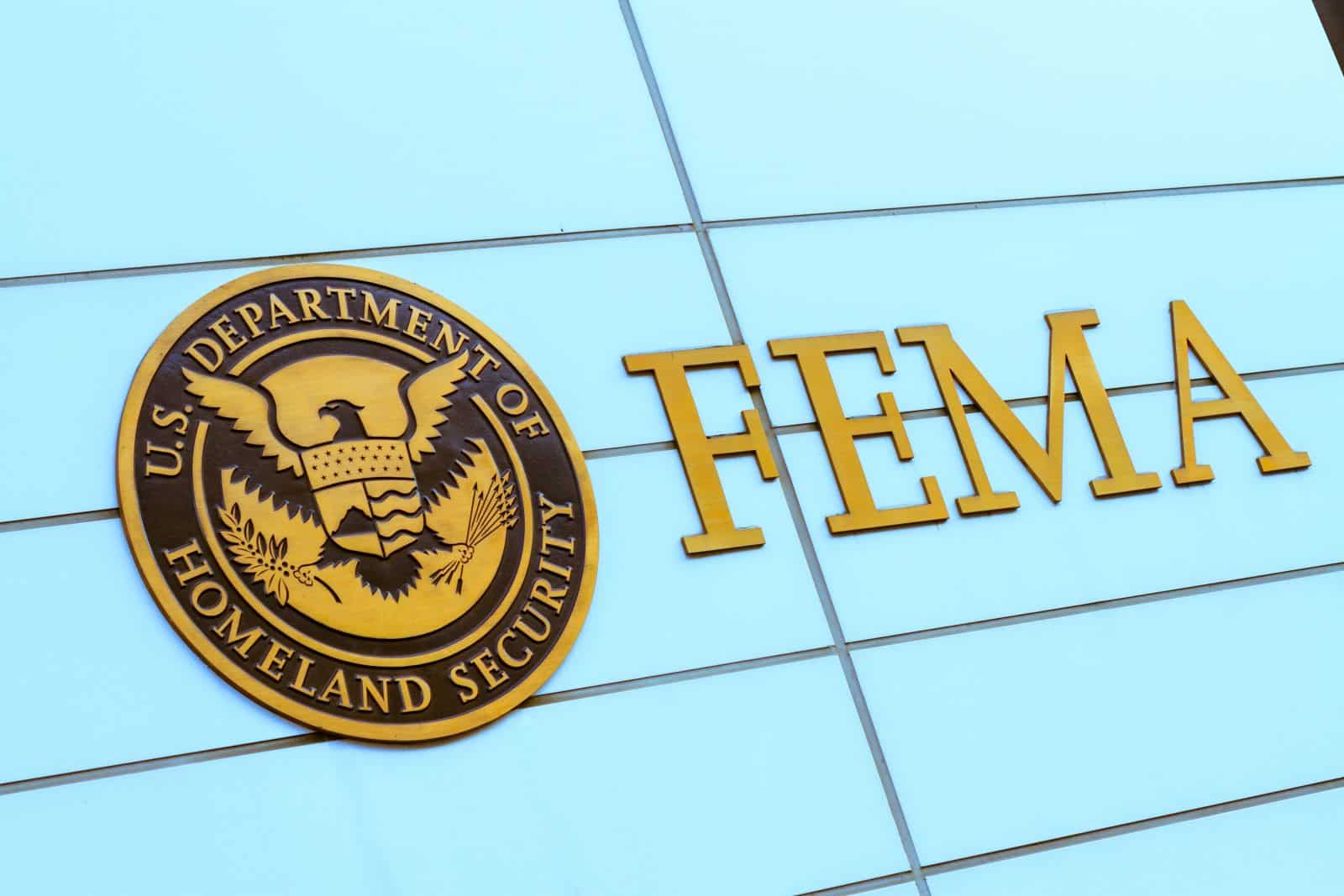
The UCLA report was made using data from the U.S. Census and federal climate risk assessments from NASA and FEMA in order to conduct a geographic analysis of specific risks faced by LGBT couples.
Less Equipped for Climate Change

The report revealed that the locations LGBT couples are living in are typically less equipped to handle natural hazards and other climate disruptions.
Coastal Risks
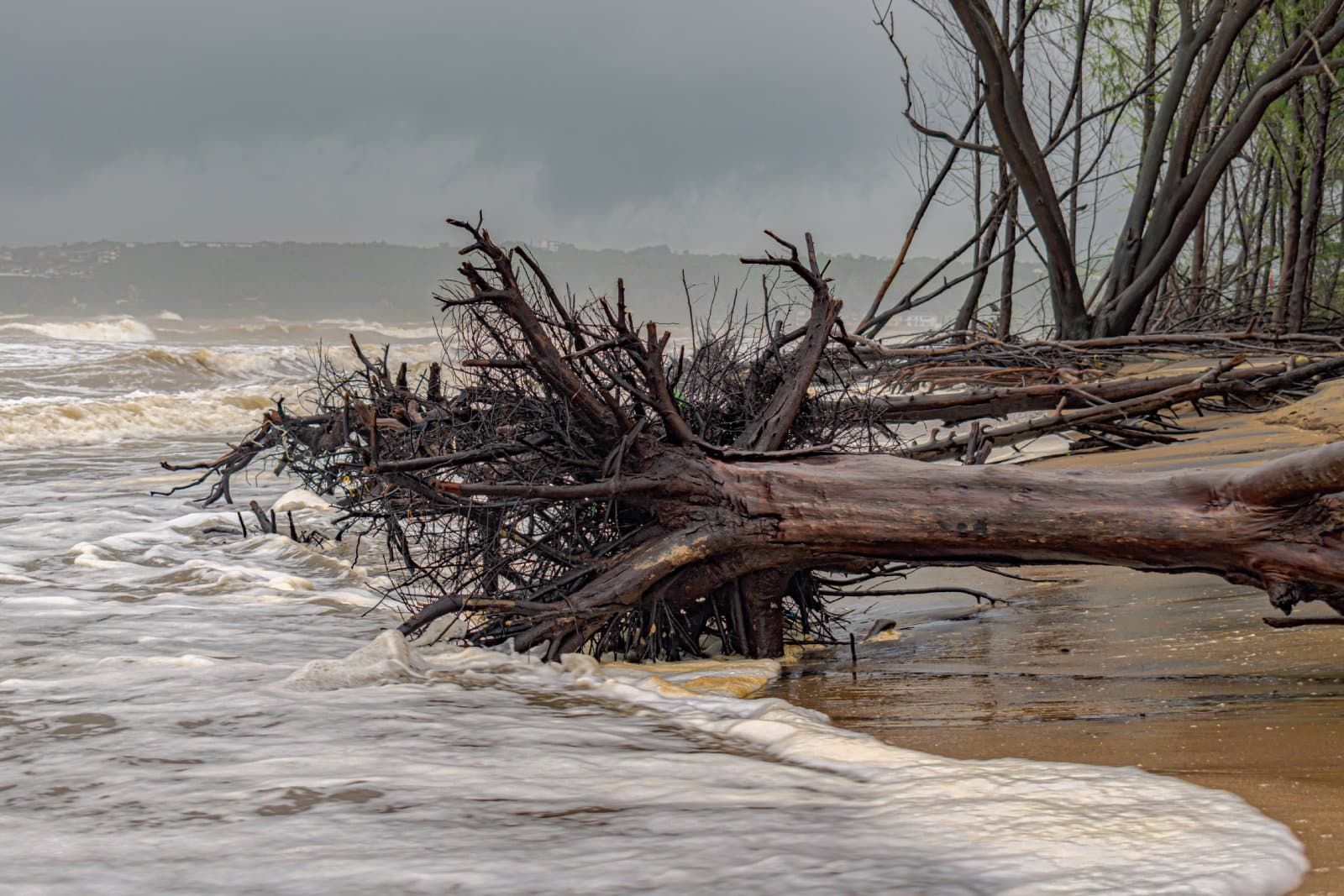
On top of these preferred communities being less equipped to handle climate change due to poor infrastructure, they are also typically in coastal cities where the effects of climate change or more pronounced.
Expert Opinions

Research Data Analyst at the Williams Institute Lindsay Mahowald commented on the situation and emphasized the importance of understanding geographic vulnerability to address why same-sex couples are particularly threatened by climate change.
Factors Underlying Geographic Vulnerability
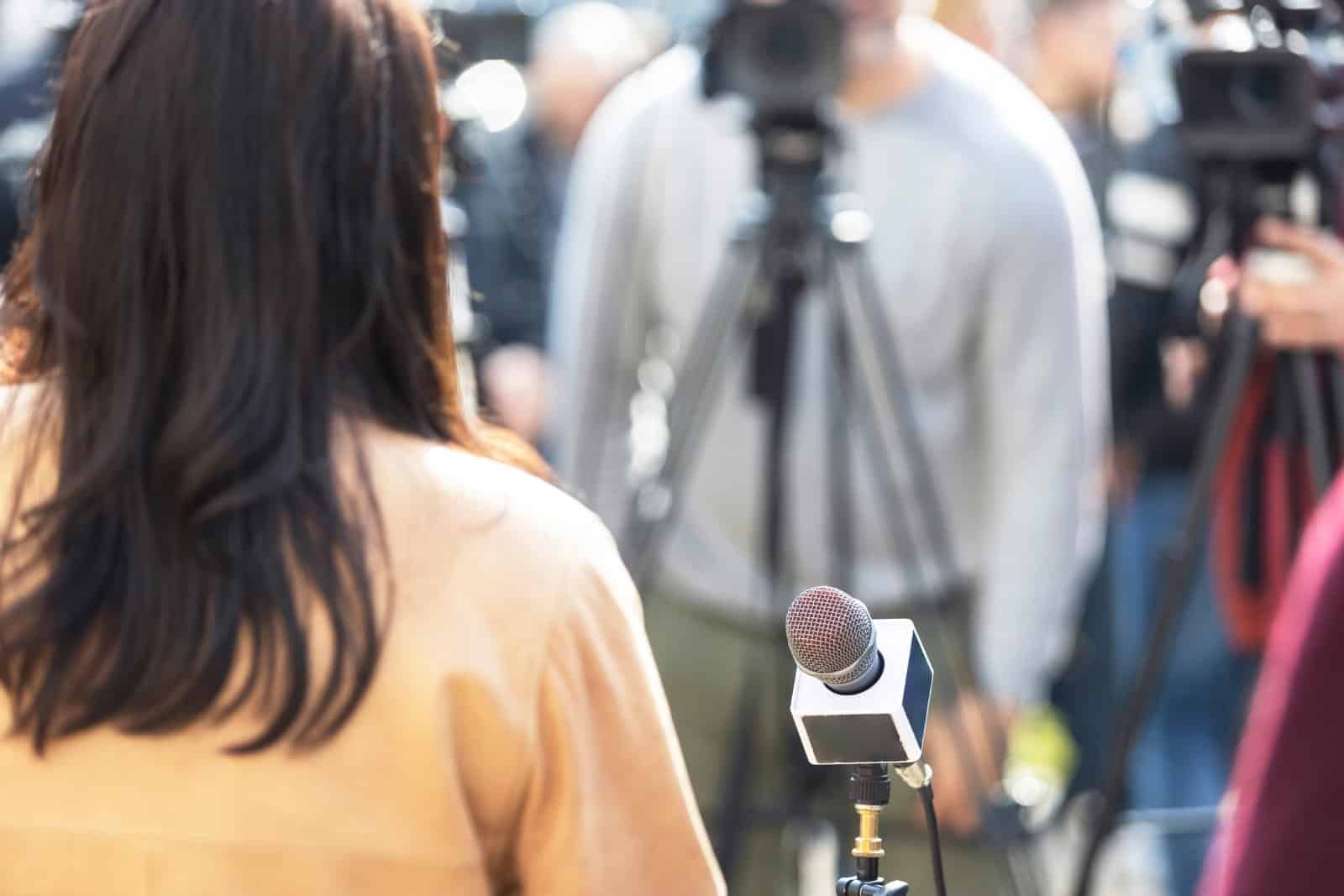
Mahowald told Yahoo News, “Factors underlying the geographic vulnerability are crucial to understanding why same-sex couples are threatened by climate change and whether the findings in our study apply to the broader LGBT population.”
Providing Relief Without Discrimination

After making this point in the report, the UCLA researchers highlighted the need for disaster relief services to be administered without discrimination based on sexual orientation, gender identity, or expression.
Specified Relief

The UCLA researchers also pointed out that there may be different types of disaster relief needed by members of the LGBT community that should he taken into consideration.
LGBT Disaster Relief

For members of the LGBT community in need of disaster relief efforts they will need the things you might expect, but also access to medical treatments such as hormones and HIV medications.
Counteracting Discrimination

The report then also advocates for policies to be put in place that counteract discriminatory housing practices and offer economic relief to LGBTQ+ individuals.
Echoing the Call to Action

A Senior Fellow and Director of International Programs at the Williams Institute named Ari Shaw told Yahoo News the reports findings and agreed that this should be seen as a call to action.
A Disparate Impact

Shaw said, “Given the disparate impact of climate change on LGBT populations, climate change policies, including disaster preparedness, response, and recovery plans, must address the specific needs and vulnerabilities facing LGBT people.”
Expanding Survey Questions

The findings from the study suggest that this sexual orientation and gender identification should also be considered when local and federal surveys create more comprehensive assessments of climate risks in marginalized communities.
Policy Focuses

On this, Shaw went on to say, “Policies should focus on mitigating discriminatory housing and urban development practices, making shelters safe spaces for LGBT people, and ensuring that relief aid reaches displaced LGBT individuals and families.”
More and More LGBT
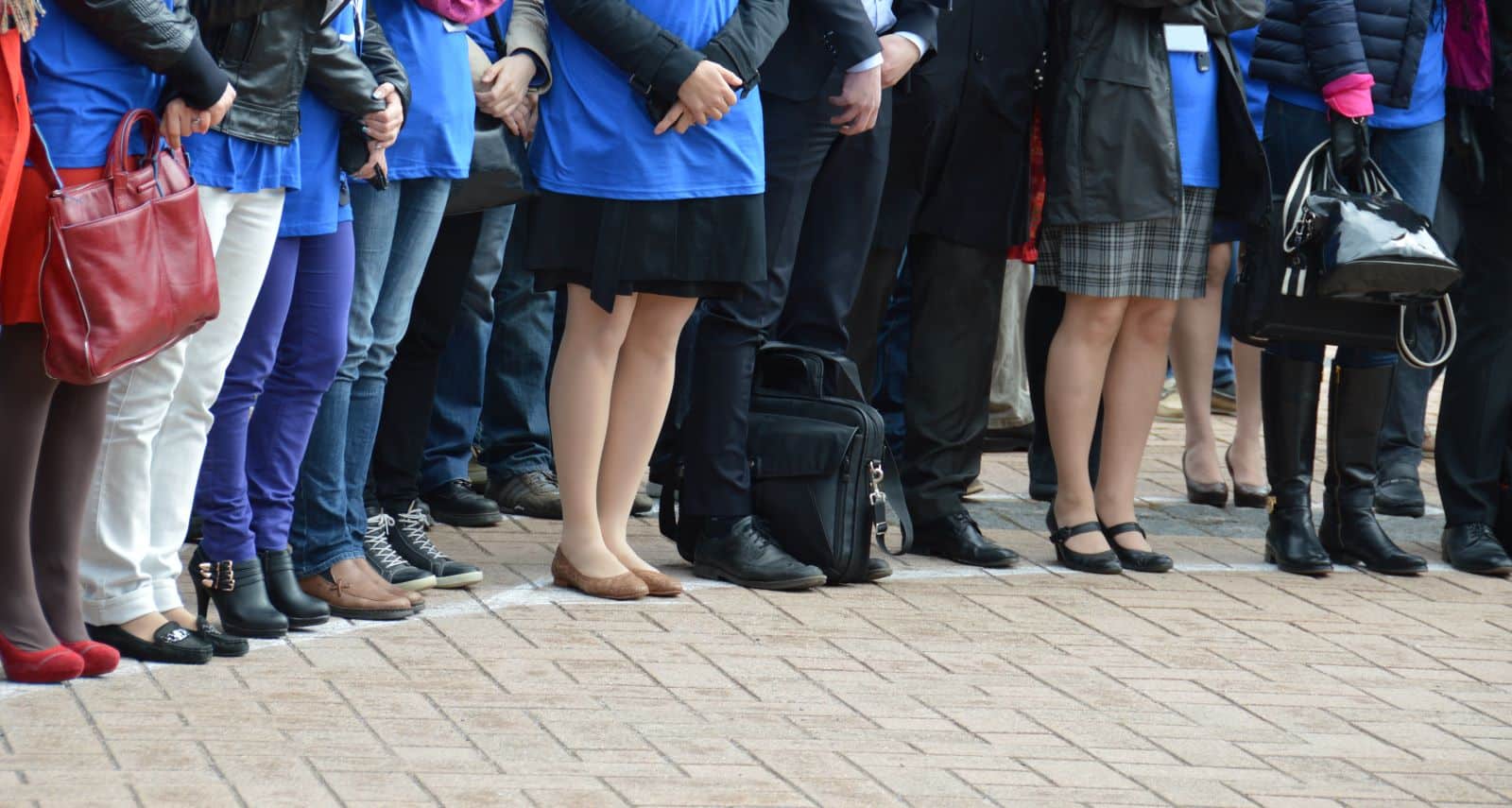
At the same time, these researchers are emphasizing the need for policy change to address the disproportionate effects of climate change on the LGBT community. A new Gallup recently revealed that more and more people are identifying with the LGBT community.
7.6% of Adults

The new Gallup poll that asked respondents about their sexuality revealed that 7.6% of U.S. adults identify as LGBTQ+ across the country.
Consistently rising

Back in 2012, only 3.5% of the adult U.S. population identified as LGBTQ+, and that number has been consistently rising ever since, highlighting the need for these policy changes to come sooner rather than later.
The White House Weighs

During a call with reporters about the administration’s Earth Day actions, White House Council on Environmental Quality Chair Brenda Mallory emphasized Biden’s commitment to such improvements.
The Most Ambitious Agenda in History
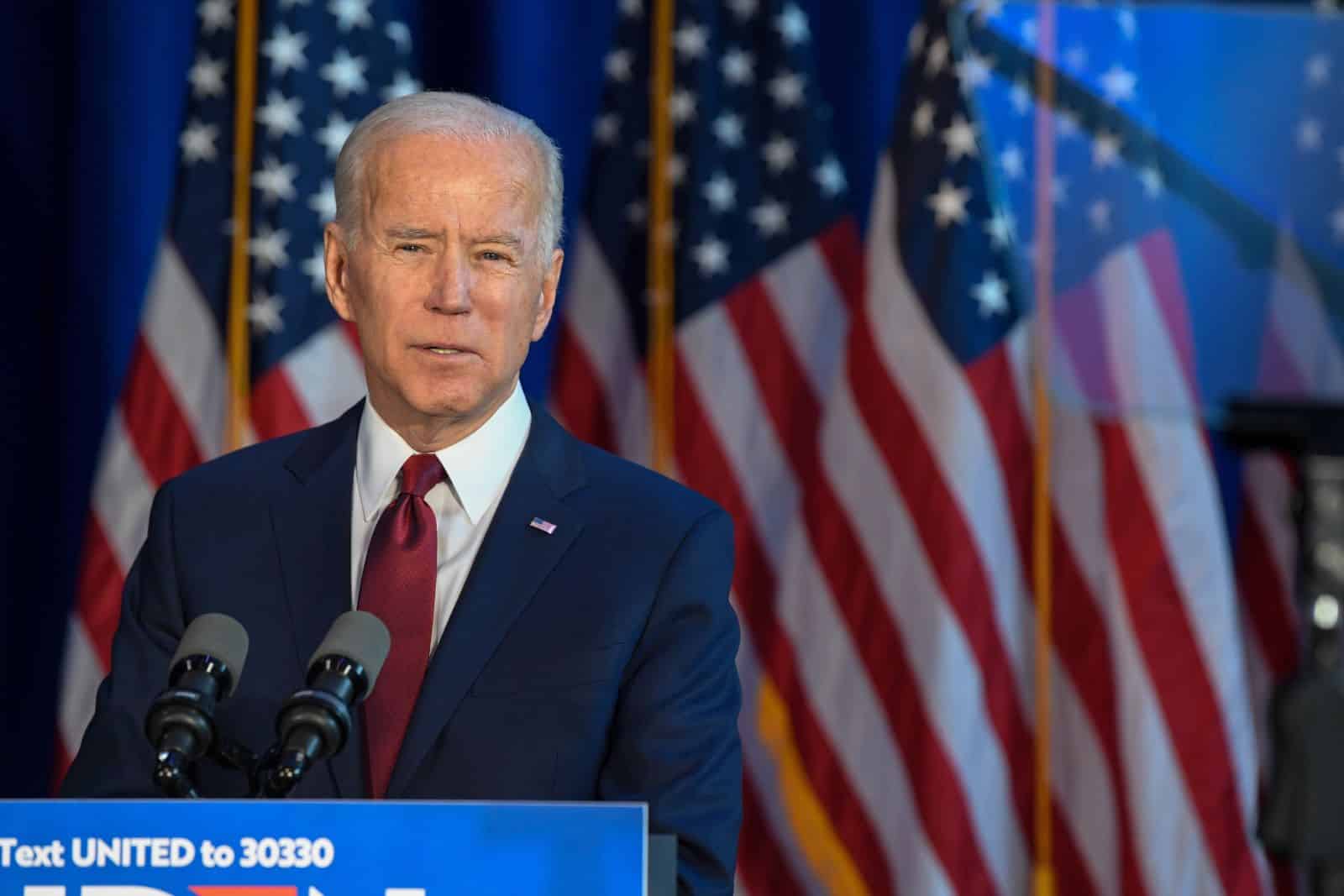
Mallory said, “President Biden laid out the most ambitious land and water conservation agenda in American history. And he is delivering, already cementing a legacy as one of the nation’s strongest conservation presidents.”
The post UCLA Study Says LGBT More Likely to Suffer the Effects of Climate Change first appeared on Pulse of Pride.
Featured Image Credit: Shutterstock / astarot.
For transparency, this content was partly developed with AI assistance and carefully curated by an experienced editor to be informative and ensure accuracy.

